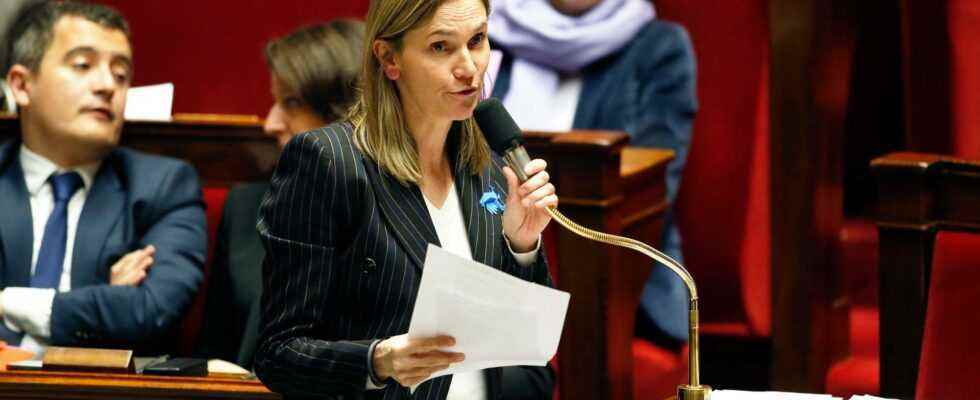The Minister for Energy Transition came back on Saturday, July 2 on France Inter, to the ministerial reshuffle to come in the coming days, the political reorganization in the National Assembly but also the first ecological measures taken by the government.
On the future ministerial reshuffle, Agnès Pannier-Runacher kicked into touch, after Elisabeth Borne and Emmanuel Macron spoke on Friday 1er July: “I have no details. It is up to the President and the Prime Minister to announce it when they are ready. The custom is that when you are a minister it can stop at any time. »
Asked whether an ecologist could be part of the new government, the minister explained that “nothing is excluded because our wish is to have a government that can carry projects that are voted on by the National Assembly and the Senate; given the diversity of groups represented in the Assembly, being able to enlarge our majority is perfectly possible. She added that she “believes[t] especially to people’s talent” and that the majority wants to “discuss horizontally and with stakeholders. We engage in politics in the field, with local elected officials, companies, associations. »
On the Abad affair and her place in government, she declared that she had “always been on the side of the victims”, that “their word must be heard” while affirming that “we must avoid the media tribunal which can weaken this word of the victims”. victims and the decision rests with the Prime Minister. During the previous five-year period, we succeeded in allowing free speech. “She then closed the subject:” I trust justice and it will be up to the Prime Minister to decide one way or the other. »
Agnès Pannier-Runacher also shared the first ecological measures taken by the government: “This week I chaired a European Council in Luxembourg: twenty-six States to align with the climate emergency, and I can multiply the examples for you. We are at work and I understand that there is media interest in the composition of the government, but on the ground the French see that things are progressing. She reiterated that “the ecological and energy transition is a priority for this government” but also that “the Prime Minister will be in charge of energy planning and each minister will have specific objectives in his roadmap. »
“What we voted at European level is historic”
On the election of Éric Coquerel as chairman of the Finance Commission, the minister is “not worried because it is a prerogative of the National Assembly and he has powers”, while slipping a tackle on his passage: “He is in the fantasy because in his position on the tax audit, he implies that the Bercy agents are not doing their job. »
The RN also took it for his rank: “It is not because we wear a tie in the National Assembly that we join the republican pact. “However, she highlighted the fact that “millions of French people voted for the RN” and that we had to stop vilifying them: “What are we telling them? That their vote is not democratic, that they are not taken into account? Today it is called democracy. »
As for questions related to her ministry, and in particular on energy sobriety, Agnès Pannier-Runacher counted on “three sources of energy to be reduced: gas, electricity, fuel” and explained that it was necessary to ” social dialogue”: “In an environment where we only talk about consultation, we will engage in social dialogue. There are agreements made on telework and they have an environmental impact. If we work from home, does that reduce our carbon footprint, for example? […] Another example: by lowering the temperature by one degree in all tertiary and private premises, we save 7% of natural gas. »
The Minister added that “we must get into the hard, in the granularity of these subjects” but also “to raise awareness of climate issues among all stakeholders. What we voted at European level is historic: it is a 55% reduction in our CO2 footprint. We need to double our greenhouse gas reduction trend. She then summarized the four challenges of her ministry: “Sobriety, energy efficiency, the acceleration of the development of renewable energies and the relaunch of the nuclear program”
